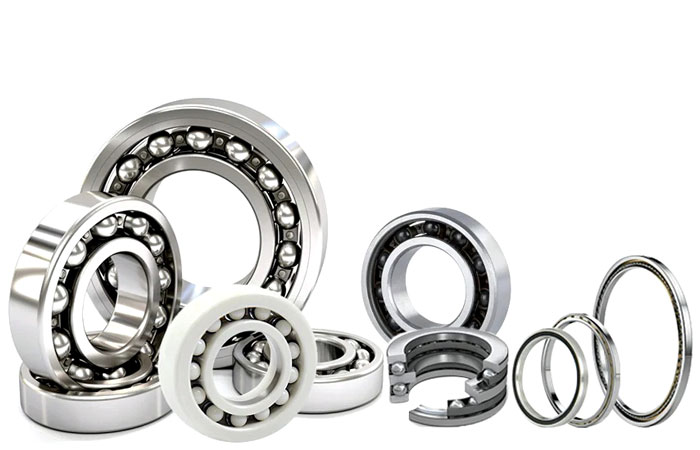Avoid bearing the cost of failure
Article by - by Gary Patton, Colton Service Center Manager, Sulzer
Rapid motor rewind brings motor back online ahead of schedule and minimizes lost production.
Carrying out routine maintenance can be a chore, but failing to complete regular checks on important pieces of machinery can result in unexpected downtime and lost productivity. Sulzer’s service center in Colton, CA, USA, recently completed an urgent repair on a 700 HP (522 kW) motor, caused by a failed bearing, that could have been easily avoided
A minerals processing company in the USA relies on many large motors to power essential pieces of equipment such as water pumps, pulverizers and vacuum pumps. To minimize the spares inventory, they use similar motors where possible to minimize downtime.
Keeping spares on-hand
For example, seven pieces of equipment are powered by 700 HP medium voltage motors that are now around 20 years old. Aside from the essential spare parts, there is also a complete motor that is used to replace assets that are removed for overhauls every three or four years. However, some of the maintenance routines are a little sporadic.
Sulzer has regularly carried out planned maintenance and overhauls of rotating equipment for the minerals company, including the 700 HP motors, which are interchangeable between different applications. When one of the motors failed unexpectedly, it was removed from service and sent to Sulzer’s Colton Service Center for inspection and repair.
When the motor was disassembled, the inspection showed the drive-end bearing had overheated and failed, allowing the rotor to contact the stator, which damaged the windings in both the stator and the rotor as well as the bearing cap. The motor had been overhauled by Sulzer three years previous, so all the technical details of the asset were on record. This made ordering new windings much quicker, expediting the repair process.
Repeat failure
In the meantime, the rotor and stator were stripped out before checking for any defects in the laminations. In this case, some minor machining enabled any hot spots to be removed and the core loss tests achieved a satisfactory result. At the same time, a new bearing cap was manufactured in-house, ready for reassembly.
Gary Patton, Colton SC Manager, explains: “Under normal circumstances, the minerals company would have installed the spare motor and production would have continued unaffected. However, in this case, the spare had recently been shipped to us for repairs following a premature bearing failure, caused by a problem in the application”.
Unfortunately, in this case, the lamination stacks of the rotor and the stator could not be saved, so additional parts would be required and this repair would have a longer lead time. This dual outage had a significant effect on the production volumes of the minerals processed, which dropped by 25%. It was essential that the latest failure was repaired as quickly as possible.
Saving a week in project time
Once the new coils were installed, along with new bearings and seals, the motor was reassembled and run on Sulzer’s in-house testbed before being returned to the customer. The expected project time was five weeks, but by expediting the coils and working two shifts, Sulzer was able to reduce this by a whole week.
Gary concludes: “On this site, we found that the vacuum pumps are located beneath another process, which means that the motor cooling ducts can become blocked with debris. Unless this is cleared regularly, the motor and bearings can start to overheat, as happened recently in this case. A simple maintenance process could have prevented repeated failures of these motors and saved time and money for the business.”
Industrial applications such as this need reliable equipment, but any repairs need to be of a high quality and delivered quickly, especially when productivity is reduced due to an equipment failure.
Sulzer has suggested the addition of a shelter for the motors to reduce the build-up of debris and enable the motors to operate reliably between planned overhauls. The addition of bearing temperature sensors could also alert maintenance staff to the issue before the bearing fails. In the meantime, Sulzer’s quick response and outstanding service has ensured that the motors have been returned to service at the earliest opportunity.
For more information visit: www.sulzer.com



